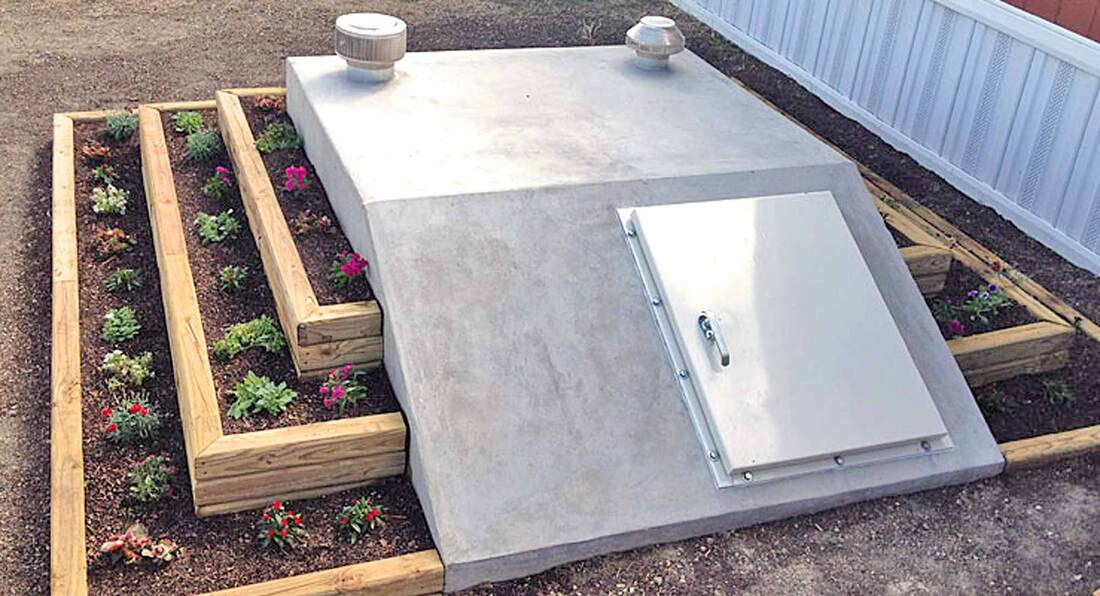It can be a good idea to laptop on rent for personal use in certain circumstances. For example, if you only need a laptop for a short period of time, such as while traveling or for a specific project, renting a laptop can be more cost-effective than buying one. Renting a laptop can also be a good option if you are not sure what type of laptop you want to buy and want to try out a few different models before making a decision.
There are several benefits to renting a laptop:
- Cost: Renting a laptop can be more cost-effective than buying one outright, especially if you only need it for a short period of time.
- Flexibility: When you rent a laptop, you have the flexibility to choose the specific model and specifications that you need for a particular task or project. This allows you to get exactly what you need, without having to make a long-term commitment.
- Upgrades: When you rent a laptop, you have the option to upgrade to a newer model when it becomes available. This can be convenient if you need to stay current with the latest technology.
- Maintenance: When you rent a laptop, the rental company is usually responsible for maintaining and repairing the device if it breaks down. This can save you time and money in the long run.
- No long-term commitment: Renting a laptop allows you to try out different models and brands without making a long-term commitment. This can be helpful if you’re not sure which type of laptop is best for you.
However, it is generally more cost-effective in the long run to buy a laptop for personal use if you need it for an extended period of time. Additionally, when you rent a laptop, you typically do not have the same level of control over the hardware and software that is installed on the machine. This can be inconvenient if you need to use specific software or have specific hardware requirements.
If you decide to rent a laptop, there are a few things you should consider to make sure you get a good deal. To begin, ensure that you understand the terms of the rental agreement, such as how long you can keep the laptop, how much you will cost, and any fees or penalties for late returns or damages. You should also consider the type of laptop you need, as well as any additional features or accessories you may want.
It can also be a good idea to shop around and compare prices from different rental companies to make sure you are getting the best deal. Be sure to read reviews and ask for recommendations from friends or colleagues to find a reputable rental company.
Finally, make sure you have a plan for backing up your data and transferring it to a different device if necessary. You will not have the same level of control over a rented laptop as you would if you owned it, so be ready for any possible problems in your usage of the laptop.
Another thing to consider when deciding whether to rent a laptop is the type of use you will be putting it to. If you only need a laptop for basic tasks such as browsing the internet, checking email, and creating documents, you may be able to get by with a less expensive model. On the other hand, if you need a laptop for more demanding tasks such as video editing, graphic design, or gaming, you may need to rent a more powerful machine with a faster processor, more memory, and a dedicated graphics card.
Portability:
If you need a laptop that is easy to take with you on the go, you may want to consider the size and weight of the machine. Laptops that are smaller and lighter are generally more portable, but they may also have fewer features and less processing power than larger models.
Battery life:
If you will be using your laptop away from a power source, you may want to consider the battery life of the machine. Laptops with long battery life can be used for a longer period of time without needing to be charged.
Warranty:
When you rent a laptop, the rental company is usually responsible for any required repairs or maintenance. However, if you buy a laptop, you may need to pay for these services yourself. You should consider the warranty offered by the manufacturer or retailer when deciding whether to rent or buy a laptop.
Upgradeability:
If you rent a laptop, you will not be able to upgrade the hardware or software on the machine. If you want the ability to customize your laptop or add new features, you may want to consider buying one instead.
Financing options:
If you are considering buying a laptop, you may want to look into financing options such as a loan or a credit card with a 0% interest rate. This can help make the upfront cost of buying a laptop more manageable. On the other hand, if you rent a laptop, you will typically pay a fixed monthly fee, which can make budgeting easier.
Resale value:
If you buy a laptop, you may be able to sell it or trade it in for a newer model when you are ready to upgrade. This can help offset the cost of the new machine. However, when you rent a laptop, you do not have the option to sell it or trade it in, so you will not be able to recoup any of the money you have paid for the rental.
User experience:
Finally, you should consider the overall user experience when deciding whether to rent or buy a laptop. If you value having the latest technology and features, or if you need a laptop for demanding tasks such as gaming or video editing, you may want to buy a more powerful machine. On the other hand, if you just need a laptop for basic tasks such as browsing the internet and checking email, you may be able to get by with a less expensive model.
Overall, the decision to rent or buy a laptop will depend on your specific needs and circumstances. By considering factors such as cost, convenience, and the features and capabilities you need, you can determine the best option for you.


